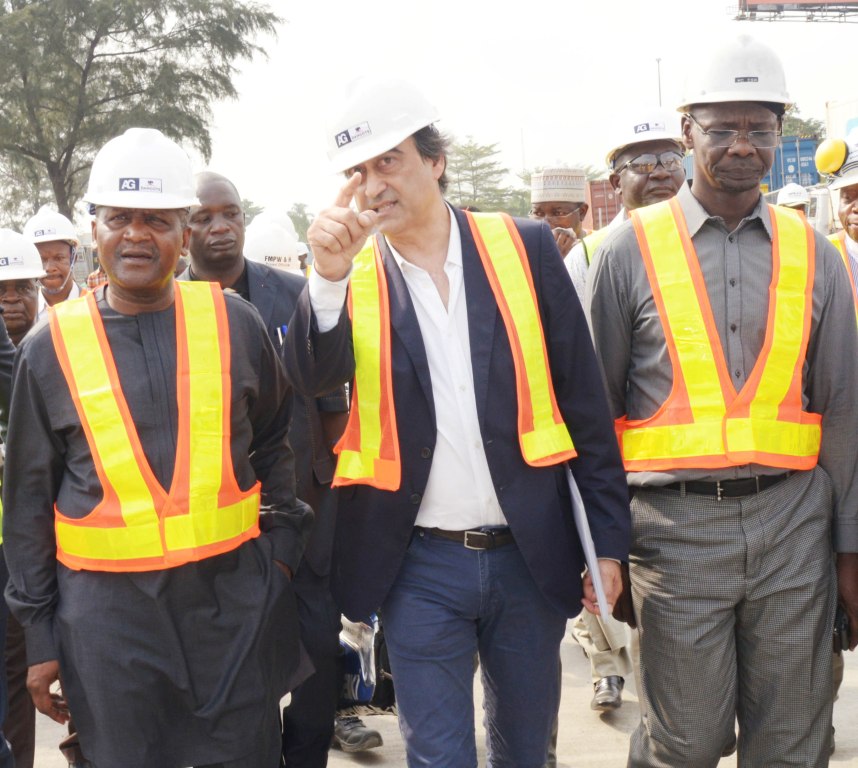To avoid mortgaging the future of Nigeria’s industrial capacity, the Manufacturers Association of Nigeria (MAN), and the Raw Materials Research and Development Council (RMRDC), have called for immediate review of the Common External Tariff (CET) policy before its final take-off in 2019/2020.
CET is a central production tariff for a group of countries designed to provide level playing ground for manufacturers within the given region.
However, Nigerian manufacturers are worried on the take off at a time; salutary industrial environment is not yet available in Nigeria when compared with other countries in the region.
This was made public by the Chairman, Corporate Affairs and Strategic Planning Committee, MAN, John Aluya.
He queried “How then do we compare a situation whereby countries of the region are allowed three per cent or 117 tariff lines to deviate from a total of 5889 tariff lines for the national interest as being adequate for a country like Nigeria? This, by all international trade negotiation he further stressed the need for a renegotiation of the CET, arguing that if CET is not reviewed, “Nigeria’s industrial potential and development might be sacrificed on the altar of uncoordinated regional integration”.
“The CET as structured to us is not in the interest of Nigeria. The opinion is based on the fact that Nigeria’s industrial capacity is above 60 per cent when compared with that of other countries in the region,” he said.
Besides, the Director General of RMRDC, Dr. Hussaini Ibrahim, had argued before now that the manufacturing sector is facing stiff competition due to bilateral and multilateral trade agreements.
According to him, “These include the ECOWAS Trade Liberalisation Scheme (ETLS), Common External Tariff (CET), impending Economic Partnership Agreement (EPA), and other World Trade Organisation (WTO) trade policies that are transforming the world economy into a vast free-trading zone.
He maintained that where raw materials or their local substitutes are unavailable locally, the government should apply the relevant tariffs for the importation of such raw materials or inputs. This should be done through the Tariff Review Board of the Federal Ministry of Finance, on the recommendations of the Tariff Technical Committee (TTC).
Ibrahim averred that “There is need for more investment in research and development to identify local substitutes or alternative raw materials in manufacturing in Nigeria, pointing out that research and development in tertiary educational institutions and government owned research institutes are not up to the required level”.
“The main challenge being suffered by Nigerian industrialists is the poor linkage between the researchers and prospective investors to commercialise these innovations, advising that one of the ways to address this challenge is for manufacturers themselves to get involved in research and development activities for the development of local raw material substitutes to imported ones,” RMRDC boss added.









